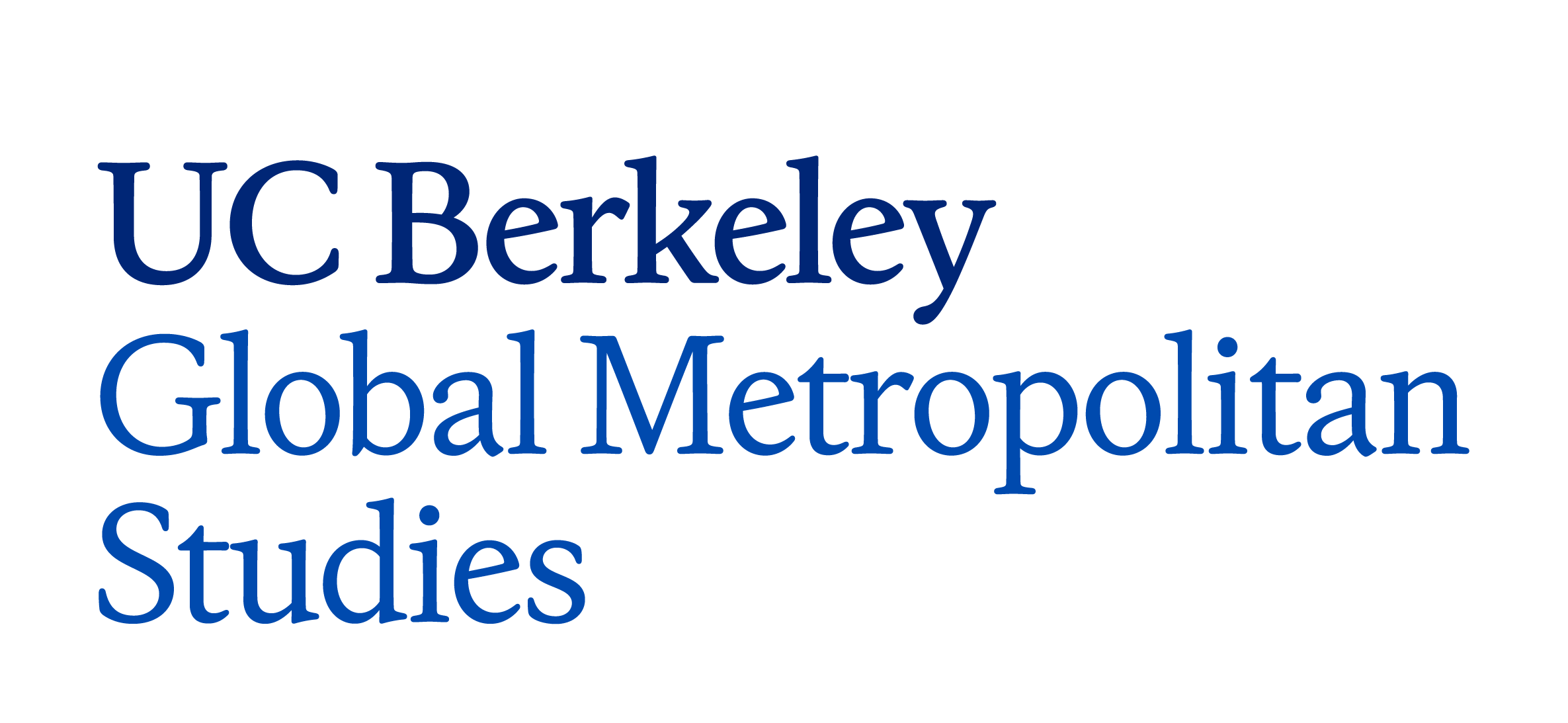Summer Research Funding
Global Metropolitan Studies (GMS) is pleased to announce a competition for summer research grants of up to $5000 to students at any stage of the PhD currently enrolled in the Designated Emphasis. Applications for the next round of funding will be due in March 2026. Applications for pre-dissertation research are especially encouraged, but all projects will be considered, subject to available funding. Applicants must be enrolled in, or should have already completed, the GMS 200 core course. To apply, please fill out the following Google Form by March 1, 2026. Faculty recommendations on behalf of students should be submitted on a separate Google Form. Applications are now being accepted for 2026.
Recent (2025) recipients of funding include:
Isabel Peñaranda Currie (DCRP), “Public Values: The Techno-Politics of Land Value Capture in Bogotá, Colombia”
Carlos Guirado (CEE), “Bridging the Gap in Transportation Modeling: Integrating Qualitative Research into Predictive Models of Travel Demand”
Pranav Kuttaiah (DCRP), “Digital Pathways, Traditional Logics: Caste, Migration and New Socio-Technical Intermediation Assemblages in Urban India”
Ameen Lotfi (ESPM), “The Casbah and the Countryside: tracing the geographies of North African food sovereignty”
Isabella Caro Montini (Political Science), “Contested Governance, Contested Claims: The Politics of Claim-Making in Gang-Controlled Areas”
- Gabriela Paredes (CEE), “Strengthening Urban Resilience: Regional Flood Risk Analysis and Simplified Seismic Vulnerability Assessment of Levees in the Sacramento-San Joaquin Delta”
- Taesoo Song (DCRP), “How Does Housing Supply Shape Asian American Segregation?”
Conference Funding
GMS also supports the costs of attending conferences for students enrolled in the DE. Applications should be submitted before the conference (e.g. upon conference registration), and will be accepted on a rolling basis. Students will be awarded no more than one grant per year and no more than two grants per academic career. Each student who is applying should already have made use of a conference grant from graduate division. We therefore recommend that students concentrate their use of the GMS DE conference grants during the post-candidacy stage, when it is vital to present one’s dissertation research at academic conferences. GMS is able to support up to 10 conference grant applications for up to $500 each in the 2025-26 academic year. We will award Fall Conference Travel in Fall semester and Spring Conference Travel in Spring semester.
To apply, fill out the GMS Conference Travel Grant Application.
Student Research Group Funding
GMS is pleased to offer funding of $500-$1500 for new or continuing interdisciplinary student groups working on urban issues. This grant is designed to facilitate communities of practice within GMS and to provide opportunities for students in the DE to organize public programming. Funding may be used to support reading groups, workshops, external speakers, field trips, and other activities that promote the professional development of graduate students and their engagement in the DE.
Conditions:
At least two applicants must already be enrolled in the GMS Designated Emphasis (applicants can be at any stage of the PhD process). Awards are granted for $500-$1500. Activities must be completed by the end of the Spring 2026 semester, including a public event in Spring 2026 open to the GMS and wider campus community. We are no longer accepting new applications.
Payment:
Grants will be paid as reimbursement through the Social Science Matrix, who will contact you upon acceptance of the grant. You must submit a copy of receipts with reimbursement requests. Timely submission of reimbursement requests (within a month of completion of activities) is also required.
Application:
Apply for Student Group Funding
Inquiries:
Please direct any questions to GMS Co-Directors.
Have An Inquiry?
Please let us know if you have any questions.
